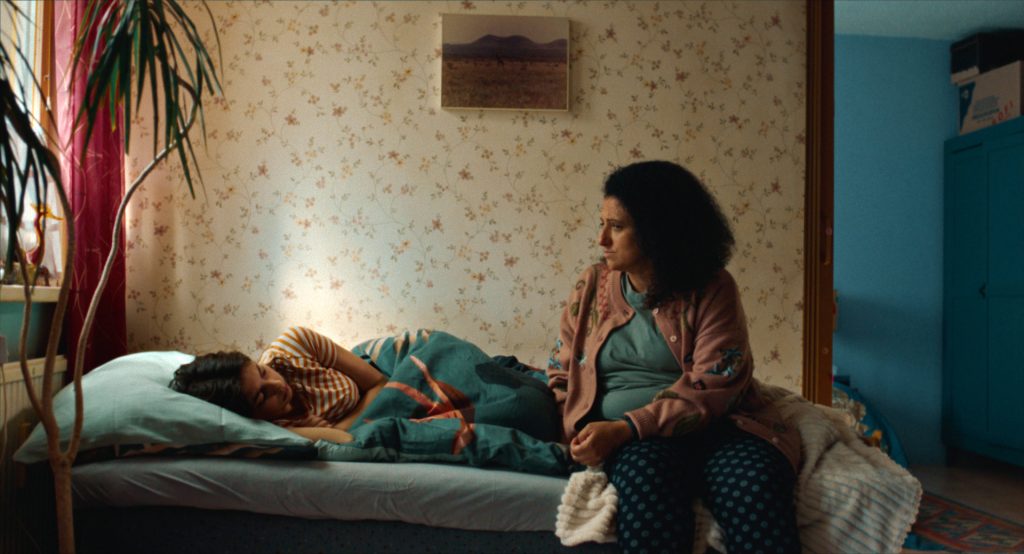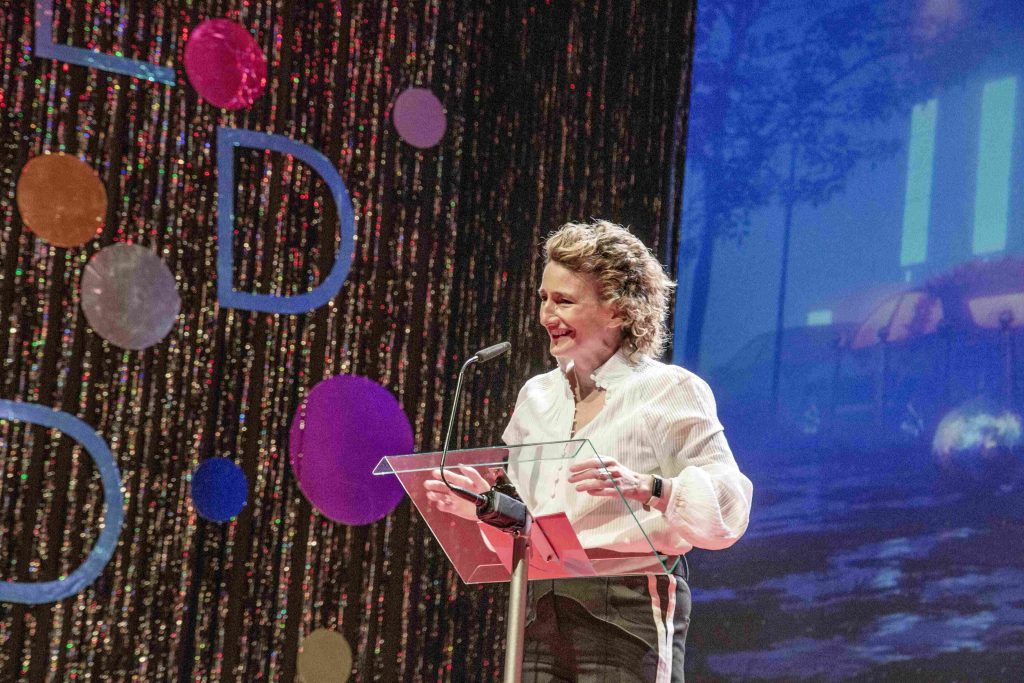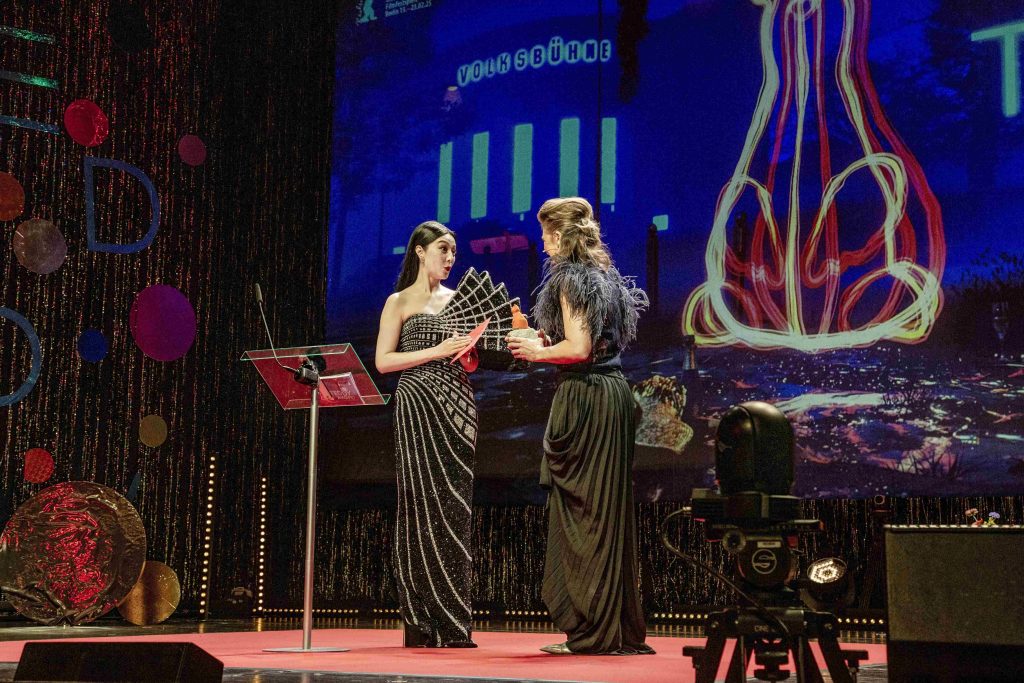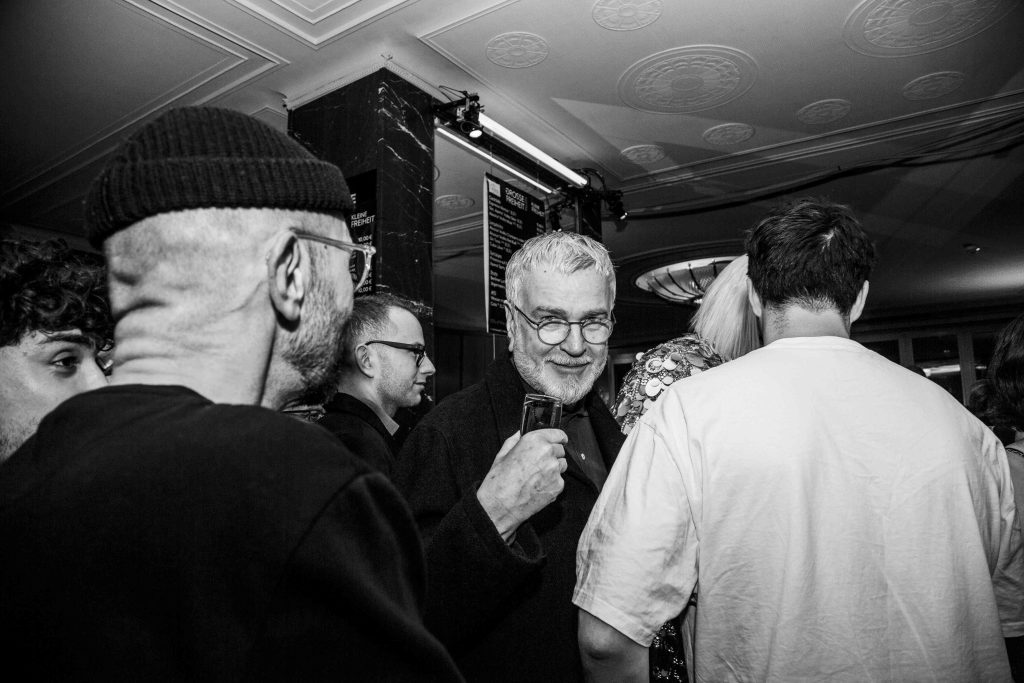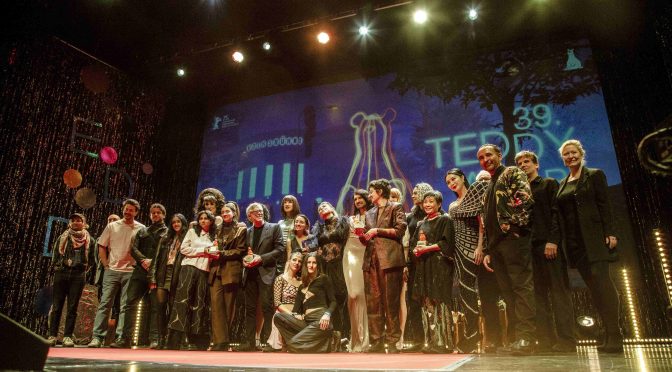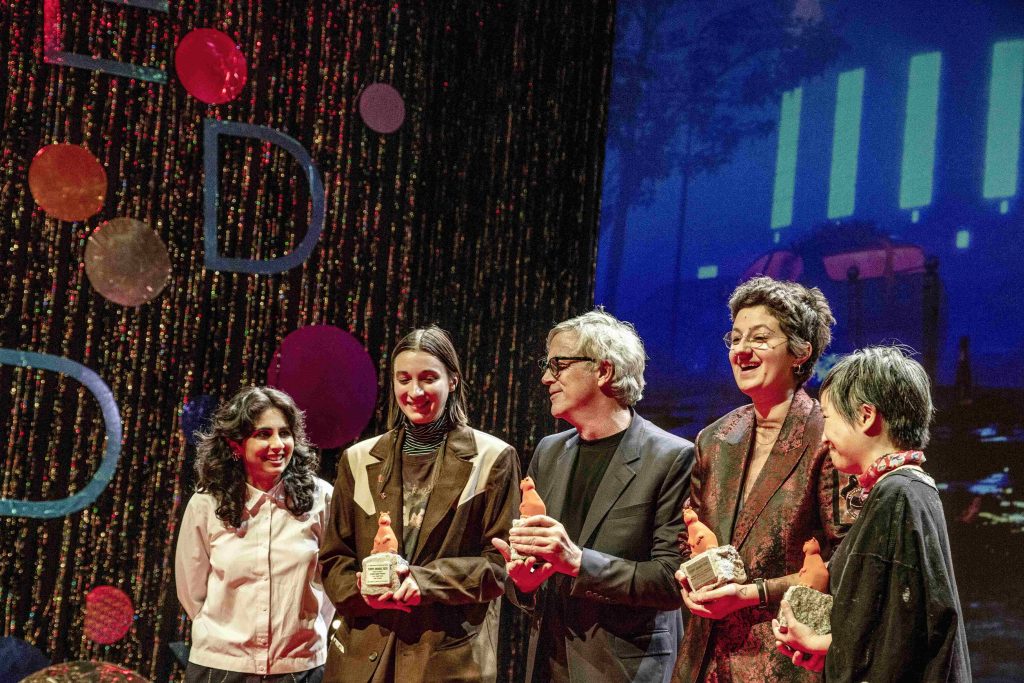After every TEDDY AWARD we are extremely happy to see TEDDY winner films coming into the cinemas!
For the cinema start of Wenn du Angst hast nimmst du dein Herz in den Mund und lächelst (If You Are Afraid You Put Your Heart into Your Mouth and Smile) on October 2nd, the director Marie Luise Lehner is going on a tour with Arsenal on Location. A great opportunity for everyone who has not yet seen this film!
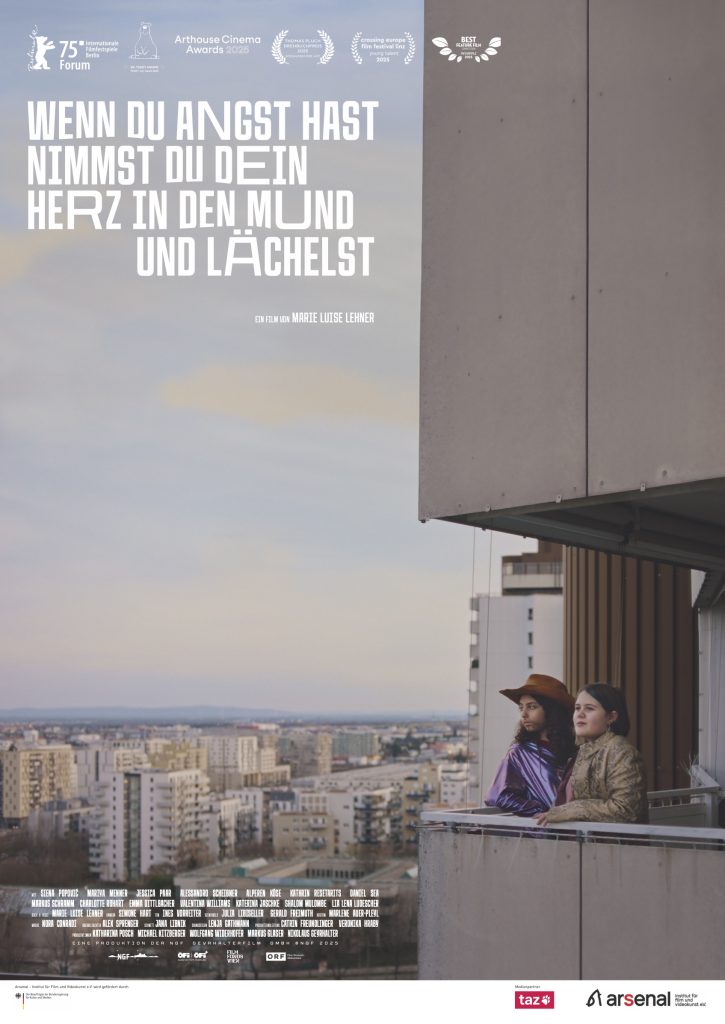
Synopsis:
Slowly, 12-year-old Anna and her deaf mum are starting to feel a bit cramped in their flat. It’s not just the lack of privacy that’s causing friction – Anna has just started secondary school and quickly realises what’s important now: brand-name clothes and a sense of belonging. She quickly gets hold of a fake Ralph Lauren jumper, but money’s still tight. In her debut, director and author Marie Luise Lehner stages a confrontation with classist structures, which Anna tackles with a mixture of shame and grit. She finds an ally in Mara, who challenges others with feminist issues and who also lives alone with her queer father. Lehner stands by her heroes unconditionally, giving them space for introspection and outbursts, allowing them to row back and reconcile. Not fitting in allows them to get to know and appreciate who they are. Lehner flies the flag of solidarity, quite naturally and with plenty of references to pop culture. And closes with a liberating “Fuck you, Vienna”, high above the city’s rooftops. (Berlinale Synopsis 2025)
As the first hearing impaired actress in an Austrian production, Mariya Menner is playing the role of the mother. Inclusion has been central during the shooting of the film.
Jury Statement TEDDY Jury Award: “This film cuts to the heart of our present moment with deceptive ease, populating its world with queer lives while insisting on the fundamental queerness of existence – and finally, asserting that bodily autonomy must never be surrendered to institutional control.”
You can find an in depth interview with the director here.
